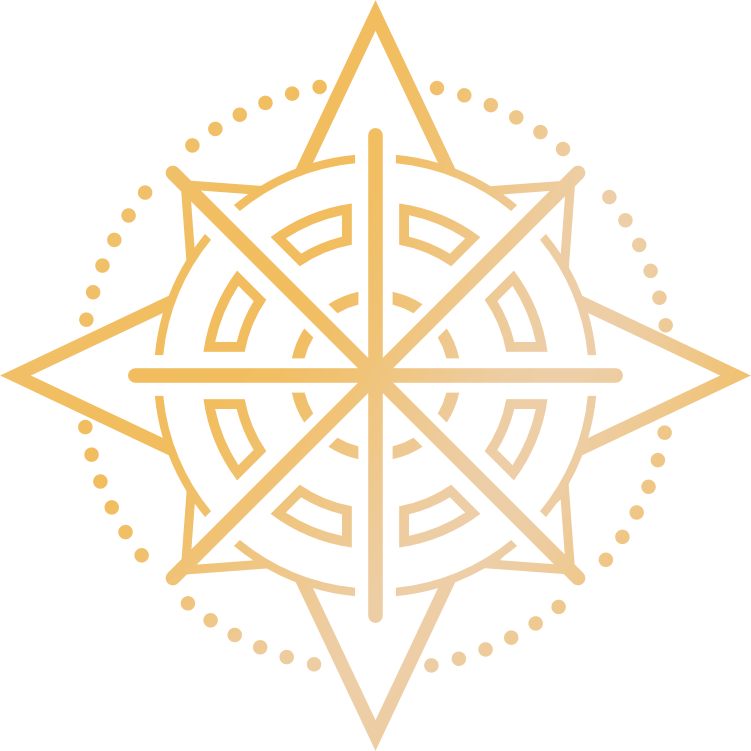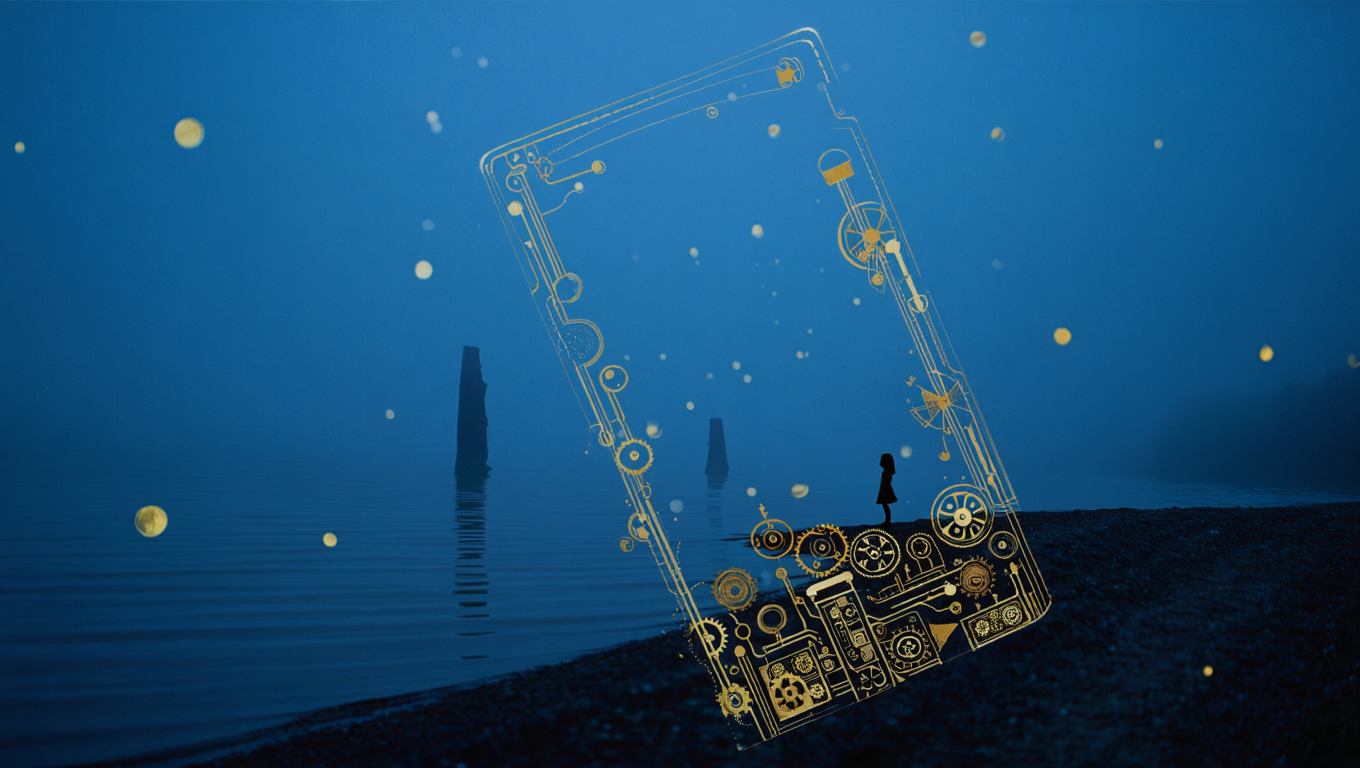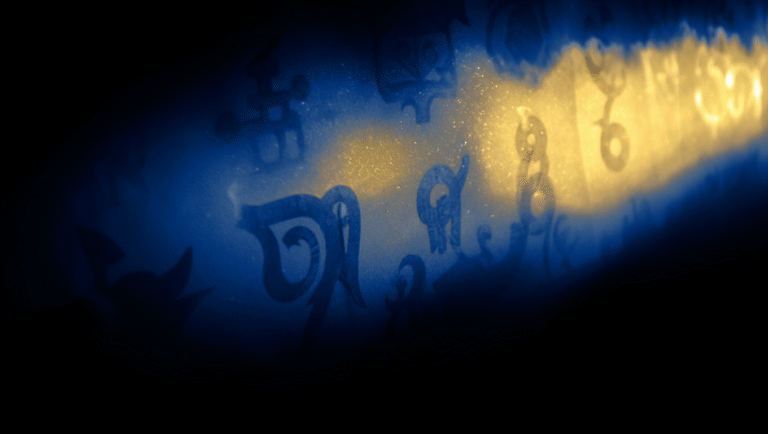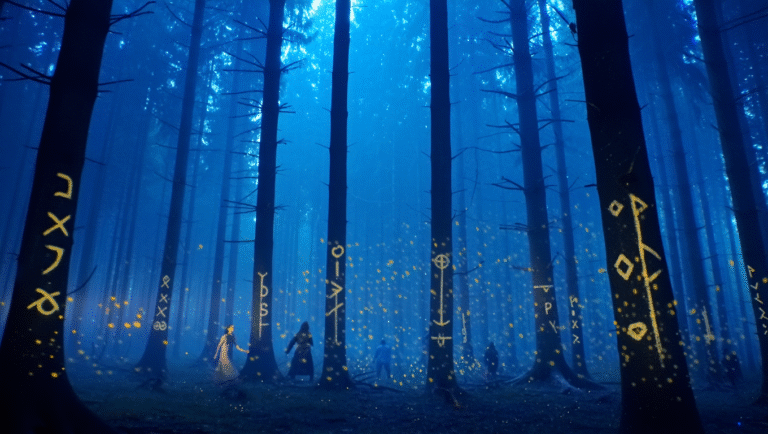Overview of All Horoscope Systems
Horoscopes aren’t just a fun read in the back of a magazine. They’re an ancient system for making sense of life’s patterns, big and small. Yet, most of us only know about our “sun sign” in Western astrology—there’s a whole universe of systems out there, each with its own logic, symbols, and uses. If you’ve ever wondered how your Chinese zodiac animal differs from your Vedic chart, or what numerology and Human Design really tell you, this is your quick, practical guide.
Why Understanding Multiple Horoscope Systems Matters
From career moves to relationship choices, people have relied on horoscopes for guidance for thousands of years. Each system offers a unique lens—some are great for day-to-day mindfulness, others for big life decisions or self-discovery. They don’t always agree, and that’s part of the magic (and the challenge).
“Think of horoscopes like different fitness apps: each tracks something different, but together they give you a fuller picture of your wellbeing.”
So, which system is right for you? Let’s break it down with a real-world case and a side-by-side comparison.
Case Study: Anna’s Search for Clarity
Anna, a 34-year-old marketing manager, felt stuck. Her Western sun sign (Cancer) said she should nurture relationships, but her Chinese zodiac (the Horse) claimed she should chase independence. Her Vedic chart? Completely different vibes. Overwhelmed, Anna tried to combine advice from each, but it was just noise—until she learned how each system worked and what questions each could really answer.
Quick Guide: What Each Horoscope System Does Best
| Name | Key Feature | Best For |
|---|---|---|
| Western Astrology | Sun, Moon, and Rising signs, 12 zodiac signs | Personality, relationships, timing |
| Chinese Zodiac | 12 animal signs, 5 elements, 60-year cycle | Life cycles, compatibility, yearly themes |
| Vedic (Jyotish) Astrology | Moon sign-based, 27 nakshatras, karma focus | Life path, karma, timing (dasha periods) |
| Mayan Astrology | 20 day signs, 13 numbers, Tzolk’in calendar | Spiritual purpose, creative cycles |
| Celtic Tree Zodiac | 13 tree signs, lunar months | Nature connection, self-reflection |
| Arab Astrology | 12 weapon-based signs, medieval origins | Personality, fate, resilience |
| Human Design | Astro + I Ching + Kabbalah + Chakra | Decision-making, energy type |
| Astrocartography | Mapping astrology onto geography | Best places to live, travel, relocate |
| Numerology | Life path numbers, cycles | Personal growth, timing, patterns |
How to Sample Each Horoscope System in 15 Minutes
Step 1: Gather Your Birth Data
- Date of birth (all systems)
- Exact time of birth (needed for Western, Vedic, Human Design, Astrocartography)
- Place of birth (needed for some systems)
Step 2: Quick Access Tools
- Western Astrology: Try Cafe Astrology’s free chart tool.
- Chinese Zodiac: Use the Chinese New Year Zodiac Calculator.
- Vedic Astrology: Check out AstroSage’s free Jyotish chart.
- Mayan Astrology: Try MayanMajix’s Tzolk’in calculator.
- Celtic Tree Zodiac: Read about your sign at Building Beautiful Souls.
- Arab Astrology: Reference Your Chinese Astrology’s guide.
- Human Design: Use MyBodyGraph’s free chart tool.
- Astrocartography: Try Astro.com’s AstroClick Travel.
- Numerology: Calculate your number at Numerology.com.
Step 3: Note Your Top Insights
- Western: What’s your sun/moon/rising?
- Chinese: What’s your animal and element?
- Vedic: What’s your Moon sign and main dasha?
- Mayan: What’s your day sign?
- Celtic: What’s your tree?
- Arab: Which weapon?
- Human Design: What’s your energy type?
- Astrocartography: Where do your best lines run?
- Numerology: What’s your life path number?
Step 4: Compare & Reflect
Do the systems agree, or do they highlight different strengths? For Anna, her Western Cancer sign meant she thrived in nurturing teamwork. Her Chinese Horse sign pointed to independence—so she started looking for marketing roles with flexible, project-based teams. Her Vedic chart recommended a career shift during her upcoming dasha period, which lined up with her gut feeling. Combining the highlights (not the contradictions) brought real clarity.
Horoscope Systems Side-by-Side: At a Glance
| Name | Key Feature | Size/Material | Price Range | Amazon Link |
|---|---|---|---|---|
| Tarot Deck (Western tool) | Rider-Waite, 78 cards | Standard cardstock | $15–$30 | Check price on Amazon |
| I Ching Coins (Chinese divination) | Set of 3 coins | Brass | $6–$20 | See today’s deal |
| Astrology Ephemeris (Vedic/Western) | Annual planetary tables | Paperback | $10–$25 | Check price on Amazon |
| Human Design Book | Intro to basics | Paperback/Kindle | $12–$22 | See today’s deal |
| Numerology Kit | Charts & workbook | Paper/booklet | $7–$18 | Check price on Amazon |
Pros & Cons: Who Should Try Each System?
- Western Astrology:
Pros: Widely accessible, tons of resources, fun for daily checks.
Cons: Can be vague without full chart; sun signs are just one piece.
Best For: Beginners, anyone wanting a “big picture” overview. - Chinese Zodiac:
Pros: Great for annual planning, cultural insights.
Cons: Less personal nuance.
Best For: Family compatibility, understanding team or partner vibes. - Vedic Astrology:
Pros: Deep dive, highly predictive, karma focus.
Cons: Complex, time-consuming to learn.
Best For: Major life decisions, career or spiritual seekers. - Mayan Astrology:
Pros: Unique perspective, creative self-reflection.
Cons: Fewer resources, niche.
Best For: Artists, spiritual explorers. - Celtic Tree Zodiac:
Pros: Nature connection, gentle focus.
Cons: Less predictive, more meditative.
Best For: Nature lovers, introverts. - Arab Astrology:
Pros: Distinctive imagery, historical roots.
Cons: Limited modern tools.
Best For: History fans, those wanting something different. - Human Design:
Pros: Actionable advice for decision-making, energy management.
Cons: Jargon-heavy, takes time to grasp.
Best For: Entrepreneurs, self-improvement geeks. - Astrocartography:
Pros: Reveals best places for career/love/luck.
Cons: Needs full birth data, can be overwhelming.
Best For: Travelers, digital nomads, relocation planners. - Numerology:
Pros: Fast, easy, number-based insights.
Cons: Can feel generic, works best as a supplement.
Best For: Numbers people, those who want quick answers.
Honest Checklist: Picking Your Horoscope Toolkit
- Do you want daily, monthly, or long-term guidance?
- Prefer personality insights, timing, or location advice?
- How much time do you want to invest (quick read vs. deep dive)?
- Are you open to blending systems, or do you prefer one approach?
- Do you want a cultural/spiritual connection or a practical toolbox?
Recommended Tools & Books
- The Only Astrology Book You’ll Ever Need — great Western intro.
- Essential Vedic Astrology — beginner-friendly Jyotish guide.
- Understanding Human Design — clear modern explanations.
- Numerology.com — free online tools.
- Astro.com — professional charts and astrocartography.
Final Thoughts: Mix, Match, or Go Deep?
You don’t have to become an expert in every system. Even sampling two or three can reveal patterns—especially when you look for overlaps, not contradictions. The best approach? Stay curious, be honest with yourself, and use whichever tool actually helps you move forward. If printed charts and books aren’t your thing, try an app or a website—just remember, no single “sign” can tell your whole story.
Some links in this post may be affiliate. You pay the same price, but this blog may earn a small commission that helps support more honest, practical guides like this one.







